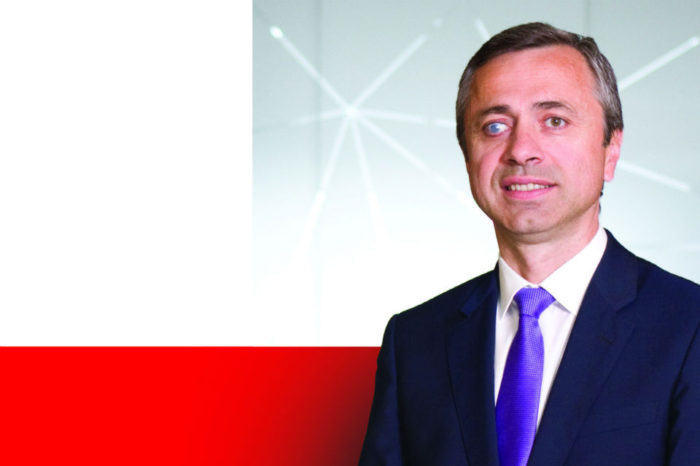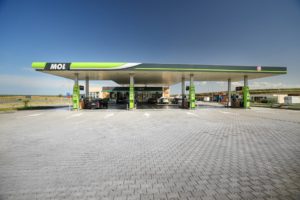AHK Romania: Building on trust

The latest figures published by National Institute of Statistics, Germany remains the trading partner no. 1 of Romania with 23 per cent of total exports and over 20 per cent of total imports of our country. Also, many German companies have invested in Romania continuously and in the long term and have built production capacities here.
About 7,500 companies with German capital are active in Romania, which means that over 10 per cent of foreign companies are German or German capital companies. They have over 226,000 employees, a turnover of around 27 billion Euro (13 per cent of Romania’s GDP) and have invested more than 9.7 billion Euro (cumulative) until last year.
Romania has the potential to establish the country as an economic hub in this region
However, the latest developments on the Romanian macro-economic scene, convey a sentiment of caution among the German business community. This is due to national but as well as international developments, like the trade war between USA and China, Brexit etc., which are very important for the Romanian economic development, as Sebastian Metz, General Manager of AHK Romania told The Diplomat – Bucharest Romania in a recent interview.
“Not only this year, but with an increasing tendency you can say: business must deal with more and more uncertainty. Our latest economic report also shows that German companies in Romania do not intend to invest in new production capacities as much as in the previous years. That was a major outcome of our latest economic survey. And we do not see why this should change in 2020. Nevertheless, Romania has the potential to establish the country as an economic hub in this region and as a predictable and save harbor investment location. It still has huge potential in terms of economic growth,” Sebastian Metz says.
Another aspect underlined by the AHK Romania’s GM is the need to increase the competitiveness of the local businesses. “Romanian companies must increase for example their export activities. They need to be more active and competitive on foreign markets. By increasing the competitiveness of local businesses, we can achieve to be less susceptible to international economic developments,” the AHK Romania’s manager explains.
The Romanian economy is transforming into a more service-orientated economy
Growth drivers were mainly household consumption in the last years, according to Sebastian Metz.
“Furthermore, what we observe is a declining growth contribution of the industry and an increasing contribution of the service sector. It seems that the Romanian economy is transforming into a more service-orientated economy,” Sebastian Metz adds. The manager reasons his statement based on the AHK Romania’s market observation because more and more IT&C business and BPO-business came to Romania. This also links to the industrial sector with the IT-related, digital service sector.
In Sebastian Metz’s view, Romania should combine more its strengths and competencies that the country has in these two domains. Besides, the salaries increase should be in line with the financial sustainability and the increase of the overall productivity. “What needs to be done is to increase the investment expenditures, especially the public investment ratios are too low. We still lack to see substantial progress in the field of infrastructure. And we need much more investments in the education and health sector. Their performance in comparison to other western countries must be higher also to reduce migration,” Sebastian Metz’s utters.
Believing in education
The AHK Romania’s GM stresses the need for stronger investment in education and higher performance of the education system in Romania, as the future will be determined by the quality and competitiveness of the people who are living here. According to the manager, to increase the level of knowledge of a society and their professional competencies must be a strategic goal for Romania in order to assure the future competitiveness of this beautiful country. In addition to this, fundamental is the development of digital competencies in all sectors, from a German perspective especially in the field of the digital manufacturing industry, but it should not be limited to this.
Also, vocational training, the transformation process of Romanian cities and regions, the intensification of bilateral cooperation in the field of green technologies for a more sustainable future and a higher degree of competitiveness of Romanian companies are all very important, as Sebastian Metz states.
(From the print edition)















